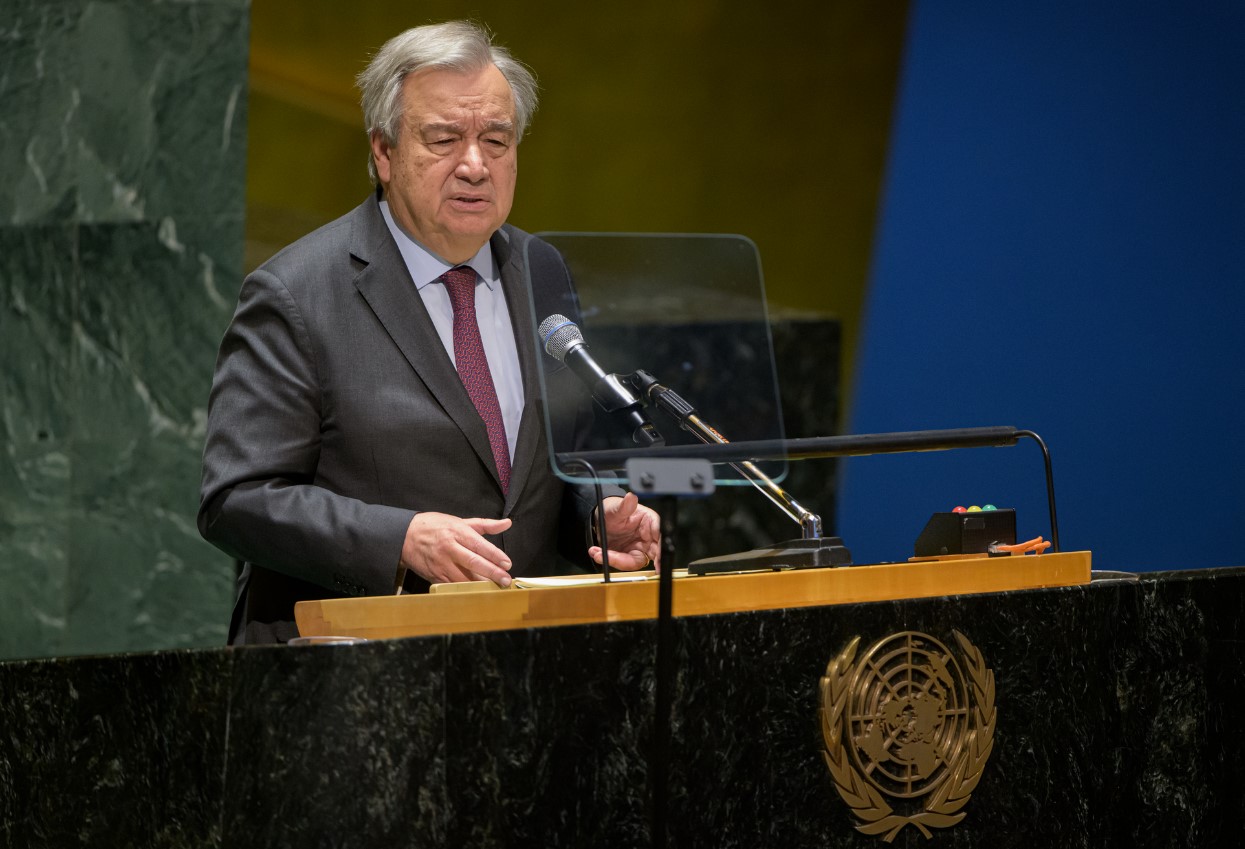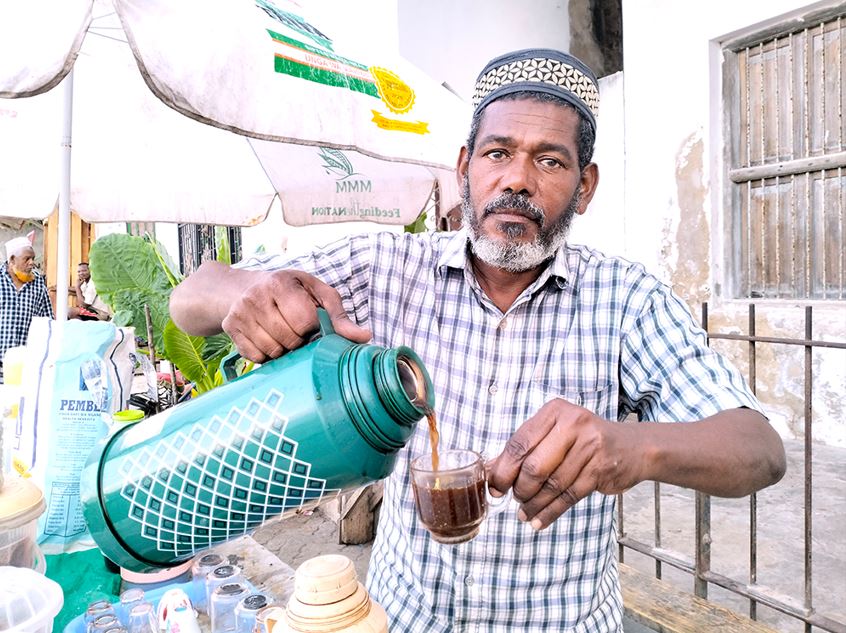Opinion: Men, it’s time to speak up and break the silence

By Amina Boru |
The reluctance to seek help for mental health issues is deeply rooted in societal norms that wrongly equate emotional expression with weakness.
International Men's Mental Health Month 2024, observed throughout June, shines a spotlight on the frequently overlooked and misunderstood mental health challenges that men encounter.
Mental health issues, including depression, anxiety, and stress, are prevalent among men but often go unreported and untreated. This month serves as a reminder of the importance of addressing these issues head-on, promoting open discussions, and encouraging men to seek help without stigma.
Keep reading
- Conquering relapses in drug, alcohol addiction amidst mental health challenges
- "Storytelling By The Fireside": How art is being used to tackle societal issues in Mombasa
- Low self-esteem: Confronting dangers of the silent crisis
- Teachers walk to raise funds for wellness center amid mental health crisis
Men and women may suffer from similar mental health issues, but their ways of addressing them differ significantly. Women are generally more open about their feelings, and can easily talk to friends and family.
Men often bottle up their emotions, resorting to distraction techniques like substance abuse to cope, or even gambling. In northern Kenya, for instance, many men chew khat to alleviate stress, admitting to this coping mechanism subconsciously but refusing to seek professional help.
The reluctance to seek help for mental health issues is deeply rooted in societal norms that wrongly equate emotional expression with weakness. From a young age, boys are frequently told to "suck it up" and "act like a man" when they express vulnerability, whether through tears or admitting to feeling scared or overwhelmed.
This ingrained messaging fosters a pervasive culture of silence around mental health, teaching boys that acknowledging emotional struggles is a sign of frailty rather than strength.
The consequences of men's unaddressed stress and mental health issues extend beyond the individual, impacting their families. Women often bear the brunt of this stress through domestic violence, which is mistakenly seen as normal family dynamics in our societies.
This underscores the urgent need for governments and societal stakeholders to address men's mental health issues, encouraging men to seek medical attention early.
Creating awareness is crucial to shifting these harmful perceptions. One innovative idea is formalising the "Men Conference," which started as an imaginary association on social media.
By turning this into a real organisation, men can share their health challenges and solutions, as a support network that promotes openness about health issues and breaks down the stigma.
Another critical issue is the need for men to break free from the toxic masculinity often portrayed on social media. These platforms frequently glorify a version of masculinity that values stoicism, aggression, and emotional suppression, reinforcing harmful stereotypes.
In addition, Community Health Promoters (CHPs) should be trained specifically on men's mental health needs. These promoters can help to create awareness and encourage men to take charge of their mental well-being.
A critical aspect of maintaining health is developing a strong relationship with healthcare providers. The stereotype that men must be brave and self-reliant regarding their health is harmful in the long run.
Instead, men should be encouraged to "man up" by taking proactive steps in their healthcare journey. The myth that "real men don't cry" is just that—a myth. This dangerous belief leads men to suppress their emotions, which can result in severe mental health issues.
International Men's Mental Health Month is a time to challenge long-standing stereotypes and encourage men to take their health seriously.
Fostering open discussions, promoting healthy lifestyles, and creating supportive communities, can ensure that men lead healthier, happier lives. So, let’s rally together this June and beyond to support men’s health and well-being.
Before you go, how about joining our vibrant TikTok and YouTube communities for exciting video stories?


















